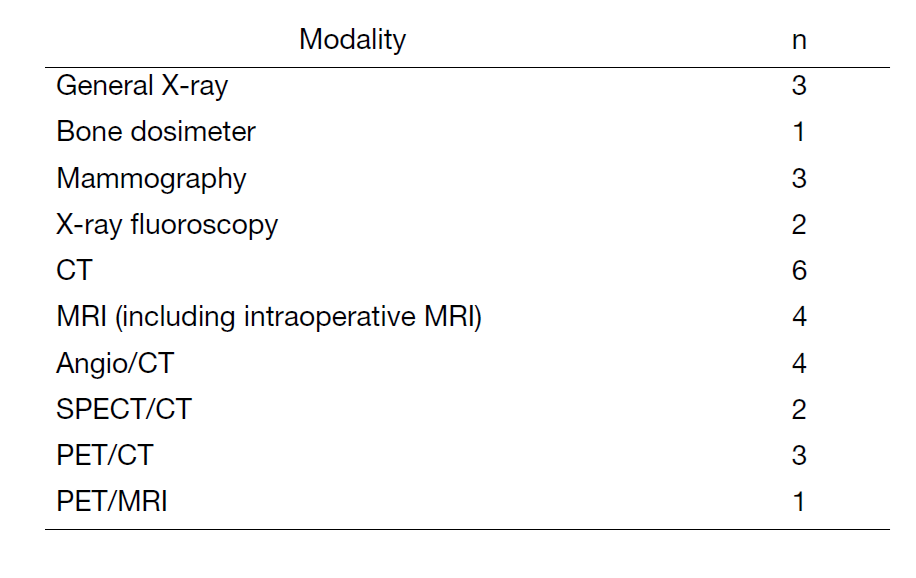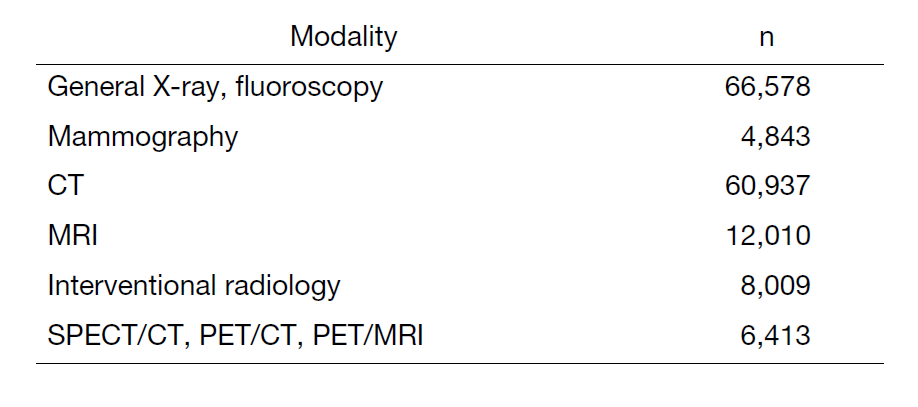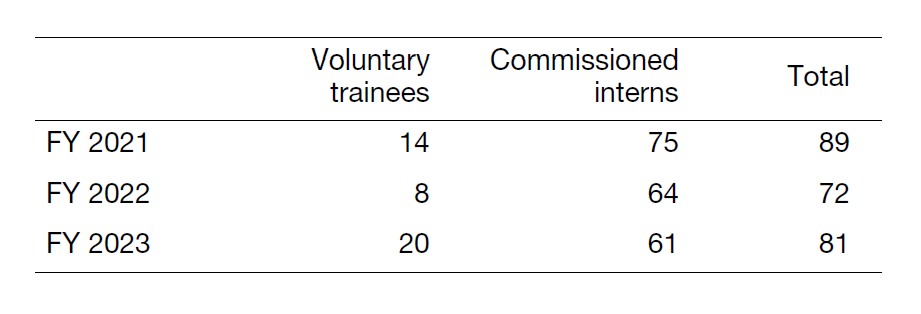Annual Report 2023
Department of Radiological Technology
I.Radiological Diagnosis
Hiroshi Tanizaki, Kanyu Ihara, Toshihiro Ishihara, Atsushi Urikura, Hirobumi, Nagasawa, Chieko Nagashima, Naoya Ikeno, Tosimitsu Utsuno, Jun Torii, Yasutake Ishikawa, Makoto Mimatsu, Jun Shishido, Hiromi Suzuki, Minami Maruyama, Yoshiaki Miyazaki, Ryo Kikuchi, Eiko Taguchi, Yuya Kanai, Xiao Ang Tang, Ryo Kawana, Yusuke Wakatsuki, Nao Ozaki, Yuhei Shimizu, Seiya Sato, Akira Yoshida, Seiya Mochizuki, Yuta Miyamae, Miku Kosaka, Chihiro Ishiyama, Yuki Hirayama, Aya Shimoike, Satsuki Watanabe, Ayame Sugo, Kazuki Matsubara, Ai Arisue, Takumi Miyairi, Yuki Tsunoda, Yutaro Tsukahara, Kazuki Takaso, Ryo Hosono, Yoshiki Ishihara, Sayaka Shimoda, Kaho Miyagi, Madoka Hasegawa, Mio Kakinoki, Banri Shinozaki, Saya Muto, Maho Sunaga, Saya Sakurai, Kang SeokHyeon, Aika Miura, Honoka Taira, Kurumi Akatani, Arata Irie, Sota Kajiwara, Yu Terafuji, Maho Beppu, Kana Endo, Soushi Toki, Takahiro Iwasaki
Introduction
The Department of Radiological Technology makes full use of the technology to provide precise medical images for patients. Human resource development of radiological technologists has always been, and continues to be, a theme in our department. We accept and educate residents in radiological technology.
The Team and What We Do
The National Cancer Center Hospital has diagnostic imaging devices as shown in Table 1. We performed a total of 158,790 examinations as shown in Table 2 in FY2023.
Table 1. Number of diagnostic imaging devices

Table 2. Number of examination cases in FY2022

The general radiography team established standards for retakes, and efforts were made to minimize variation in retake practices among technologists and to reduce unnecessary radiation exposure.
The mammography team continued to evaluate the retake rate. Positioning was assessed by a certified technologist, and the consistency of positioning on mammograms during follow-up was discussed.
The computed tomography (CT) team provided various additional information for diagnostic imaging using techniques such as deep learning-based reconstruction, iodine maps, and virtual monochromatic energy imaging.
The magnetic resonance imaging (MRI) team has reviewed imaging protocols and optimized imaging parameters and examination times by incorporating feedback from radiologists and physicians from various medical departments. The systems and manuals for the safe administration of contrast media were also reviewed.
The interventional radiology team implemented close interprofessional information sharing to provide high-quality team care and has worked on creating and processing various 3-dimensional images for pre-interventional simulation to support diagnosis and treatment. To improve the utilization rate of the IVR center, adjustments were made to assign rooms and interventional radiologists according to the nature of the procedure and to improve throughput.
The gastrointestinal radiography team has performed numerous esophageal radiographic examinations, particularly for pre-treatment medical checkups. However, as the number of these examinations has been decreasing, the department has actively focused on human resource development.
The endoscopic radiography team engaged in multidisciplinary collaboration to hold conferences for the next day’s examinations, enhance safety during procedures, improve the examination room environment, share information prior to examinations, and simulate emergency situations.
The nuclear medicine team has completed the legal procedures for renewing one positron emission tomography (PET)/CT system and has begun installation, with operation scheduled to start in early FY2024. A physician-initiated clinical trial (PRIME-64) for PET imaging using a new PET radiopharmaceutical was launched to develop an innovative imaging method for the early diagnosis and precise treatment of small pancreatic cancers.
Research Activities
We studied the use of dose management software to build a system that discloses and shares medical exposure doses with patients. A phantom study was conducted to analyze the physical image characteristics of deep learning-based image processing software developed for reducing image noise in CT. In collaboration with Komazawa University, we conducted a survey on the competence and literacy of medical radiation technologists regarding radiation hazards. Additionally, we investigated the relationship between the number of X-ray CT scanners, population, and medical resources in Japan, and identified regional disparities in the distribution of CT scanners, population, and medical resources.
Education
- At the conference within the Department of Radiology Diagnostic Technology, senior technologists shared their specialized knowledge and contributed to improving skills.
- We have been conducting ongoing multi-site videoconferences with cancer hub hospitals in Japan and was effective for sharing information on radiological technology between institutes.
- We accepted hospital internship students from Juntendo University, the International University of Health and Welfare, Tokyo Metropolitan University, Kyorin University, Komazawa University, and Tsukuba International University. Table 3 shows the results of accepted contracted training and practical training.
- We conducted personnel exchanges with Tokyo University Hospital to provide mutually enriching education.
- The 20th Academic Exchange Meeting on Advanced Radiation Science and Technology was held jointly with the University of Tokyo Hospital and Kyoto University Hospital.
Table 3. Results of contracted training andpractical training

Future Prospects
The Department of Radiological Technology has established a residency program for radiological technologists beginning in FY 2022. We will provide continuing education to technologists specializing in cancer medicine.
